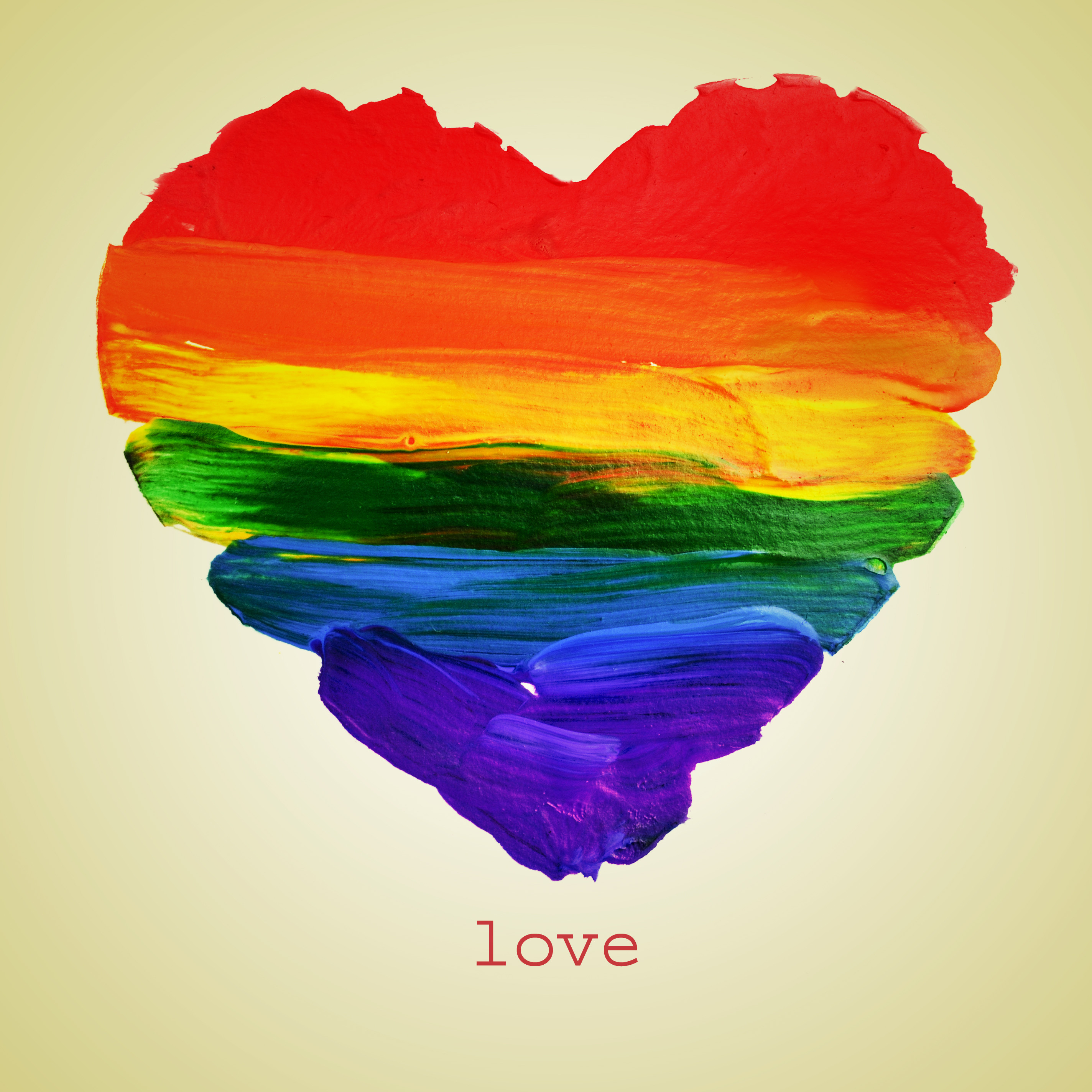
Addressing the Unique Challenges of Aging within the LGBT Community
As society becomes increasingly accepting of the LGBT community, more individuals are embracing their identities and differences. This transformative journey towards acceptance commenced in the early 1980s when being gay was starting to find its place in mainstream society. Consequently, we are now witnessing an aging population within the LGBT community, facing a distinct set of challenges that demand attention within the healthcare sector.
The Present Reality of Aging LGBT Individuals
Today’s aging LGBT individuals hail from an era characterized by minimal to no social acceptance of their sexual orientation or gender identity. They often harbor concerns about societal stigma, including those who profess acceptance, owing to their experience of navigating through periods of acceptance and intolerance. For some, these fears may intensify when they can no longer maintain independent living arrangements. The apprehension of losing independence is compounded by the worry that healthcare providers may not offer appropriate care due to personal beliefs or biases.
Moreover, many of these individuals have kept their sexual orientations or gender identities hidden throughout their lives, and as they age, the need to reveal their authentic selves may become a necessity. Unlike the younger generation, they are less likely to have children, limiting their options for elder care to a select few family members. Economically, they may also grapple with financial challenges as they lack access to government or former employer programs that provide survival, death, or spousal benefits. While progress is being made in this regard, these changes are relatively recent, meaning that our current elderly LGBT population faces multifaceted struggles.
Responding to Aging and End-of-Life
Remarkably, the LGBT community’s distinct challenges in the realm of aging and end-of-life experiences have yielded some positive outcomes in terms of attitudes. According to a 2010 MetLife survey, many LGBT individuals find aging more manageable than their heterosexual counterparts. This resilience stems from the life experiences they’ve weathered, which have fostered inner strength. Enduring social shaming, self-questioning, and eventually embracing their true selves have imbued them with remarkable resilience. Consequently, many LGBT individuals are better equipped to confront the end of life than individuals from other groups.
Implications for Healthcare
Advocates for LGBT rights and healthcare equality are urging for more inclusive attitudes within the healthcare sector to better support aging LGBT members. While healthcare is gradually evolving, there remain disconcerting statistics indicating that a percentage of healthcare providers still refuse to treat individuals from this community. It is imperative for healthcare attitudes to evolve, guided by the fundamental principle of the Hippocratic Oath: “Do no harm and care for everyone.” The inexorable trajectory of change necessitates that we commence this transformation immediately, for the benefit of all individuals. If you wish to engage in further discussions about aging and the LGBT community, we invite you to reach out to Vancouver Home Health Care Agency today.
“At Vancouver Home Health Care Agency, our commitment is rooted in caring and compassion, ensuring that your well-being remains at the heart of what we do.”
- Addressing the Unique Challenges of Aging within the LGBT Community
- Distinguishing Between Occupational Therapy and Physical Therapy: Unveiling the Nuances
- Key Considerations When Selecting Home Healthcare Services
- The Future of Home Health Care: Revolutionizing Patient Care
- Understanding Falls in the Elderly and the Role of Medication
- Understanding Post-Operative Care: A Vital Healing Phase
